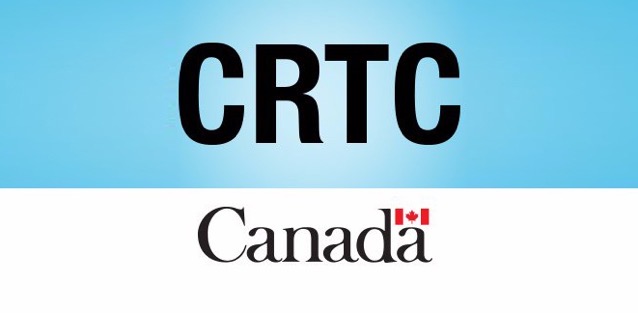
CRTC Ordered to Focus on Wireless/Internet Affordability, Consumer Rights

The Government of Canada today announced its final direction to the Canadian Radio-television and Telecommunications Commission (CRTC), putting in effect a pro-competition telecom policy direction proposed by Innovation, Science and Industry Minister François-Philippe Champagne last year.
“Access to affordable and reliable Internet and wireless services is critical in today’s society and economy. This is why our government is using every tool at our disposal to ensure that telecom services are competitive, reliable and, above all, affordable,” said Minister Champagne.
Ottawa’s new directive will function as “a single clear direction to guide the CRTC,” the feds said. It is designed to prioritize competition, affordability, and consumer rights.
With this order, the government has discontinued a 2006 policy direction that instructed the CRTC to rely on market forces and is building on a 2019 direction that focuses on competition, affordability, consumer rights, and innovation.
The new policy direction lays out the following objectives:
- Enhance wholesale Internet access and competition for more affordable Internet
- Increase mobile wireless competition for more affordable cellphone plans
- Improve consumer rights so Canadians can make better-informed choices
- Speed up service deployment and universal access
- Build better regulations
“These objectives will ensure that affordable access to high-quality, reliable and resilient telecommunications services is available in all regions of Canada, including rural and remote areas and Indigenous communities,” Champagne continued.
“Under the Telecommunications Act, the CRTC is responsible for implementing the policy direction and is required to take certain steps and approach all of its future decisions in a way that is aligned with it. I trust that the CRTC.”
The new policy direction comes after a leadership change at the CRTC, with Vicky Eatrides taking over as chair and CEO from Ian Scott last month. In a letter sent to Eatrides last week, Minister Champagne and Heritage Minister Pablo Rodriguez warned that public confidence in the CRTC has “waned” in recent years.
Eatrides responded to the Ministers in a letter of her own on Monday, saying that the CRTC is “determined to build Canadians’ trust by delivering tangible results through our decisions and by improving our processes.”
Responses to the government’s new telecom policy direction — positive, negative, and (in some cases) cautiously optimistic, have started pouring in from stakeholders.
“We are pleased to see the Government of Canada issue today’s new telecom policy direction to the CRTC. CIRA is particularly pleased that today’s order requires the Commission to ensure that timely internet performance testing is conducted and data made available to consumers, which reflects several stakeholder recommendations linking network speed testing to better policy outcomes for internet users,” said Byron Holland, President and CEO of the Canadian Internet Registration Authority (CIRA).
“CIRA commends Innovation, Science and Industry Minister François-Philippe Champagne for his continued leadership on this file. This new direction will guide and challenge the CRTC in a renewed focus on building a trusted internet—a mission at the core of CIRA’s work.”
OpenMedia, a public advocacy organization, summed up its reaction to the announcement by sharing a meme on Twitter.
How we're feeling right now re: @ISED_CA Minister @FP_Champagne's clear refusal to take substantive action to stop the collapse of Internet competition in Canada. https://t.co/tmv590J5mS
— OpenMedia (@OpenMediaOrg) February 13, 2023
“Today the government issued long overdue guidance to the CRTC, but Champagne’s promises will have little impact without concrete action to back it up,” Matt Hatfield, OpenMedia’s Campaigns Director, said in an emailed statement to iPhone in Canada.
Hatfield continued:
On the big picture, we agree with Champagne: the status quo is not good enough, and our telecom market must deliver better, cheaper service to Canadians as soon as possible. Anyone paying attention to the telecom sector knows that we pay some of the highest prices in the world for connectivity, and our bills continue to rise. But we’re still waiting for answers to key unaddressed topics in this policy direction. First, will Minister Champagne be approving the Rogers-Shaw buyout? If Champagne greenlights that deal, he’ll be taking back the new competition gains and then some. Second, why is CRTC encouraged to stay the course on wireless competition, when the government’s own backgrounder notes that wireless services in Canada are even less competitive than wired Internet? It doesn’t make sense: Canadians desperately need service-based MVNO competition to drive down or world-leading wireless prices.
Minister Champagne is also expected to share his final decision on the long-embattled $26 billion merger of Rogers and Shaw Communications soon.
…developing, refresh for updates

